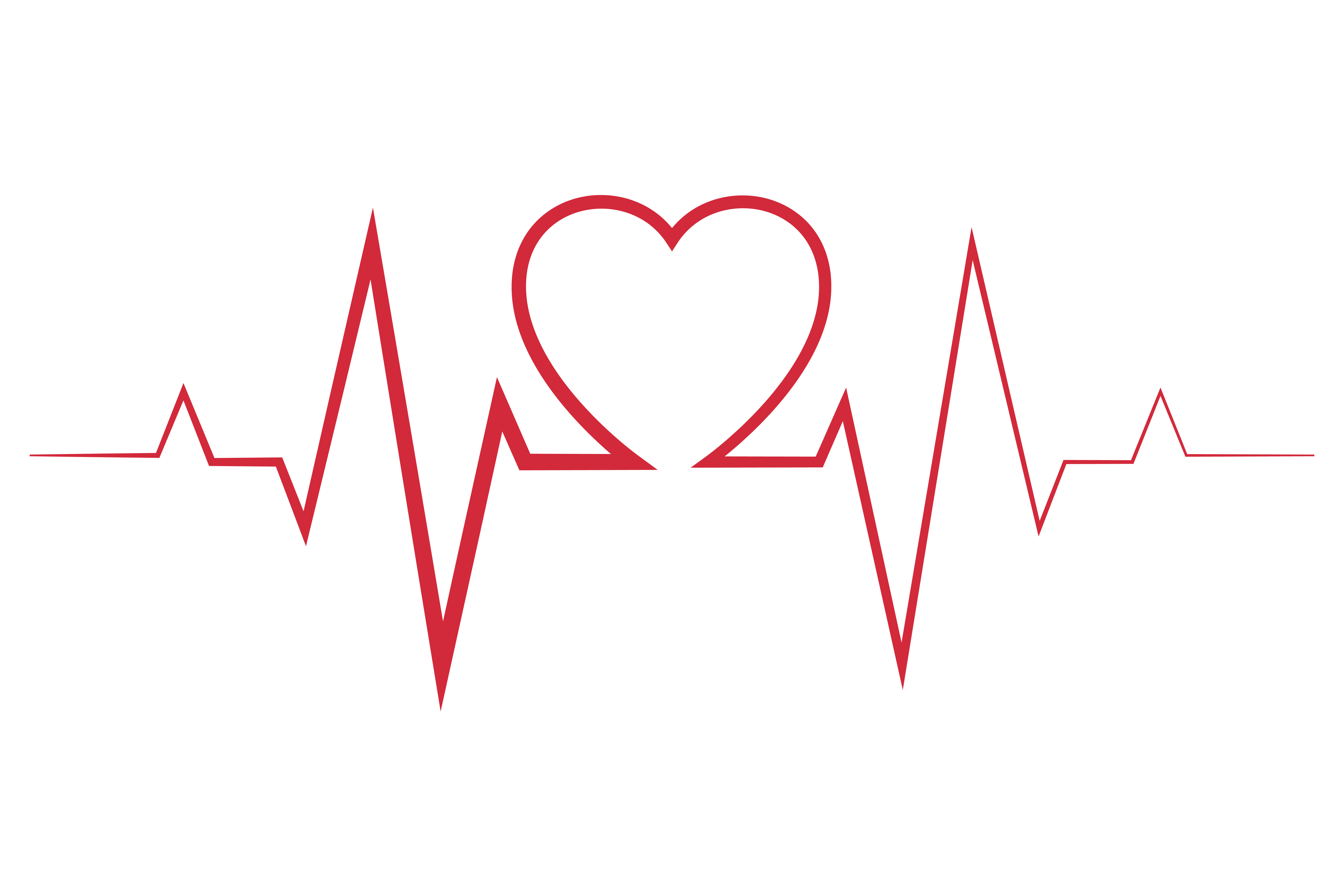
Complications Associated with Atrial Fibrillation
Introduction: Atrial Fibrillation (AFib) is more than just an irregular heartbeat—it can lead to serious complications if left untreated. It’s essential to understand these potential complications to prioritize proper management and reduce risks. Let’s explore the complications associated with AFib in simple terms.
1. Stroke: One of the most significant complications of AFib is the increased risk of stroke. When the heart’s upper chambers (atria) fibrillate, blood can pool and form clots. If a clot breaks loose and travels to the brain, it can block blood flow and cause a stroke.
2. Heart Failure: AFib can weaken the heart over time, leading to a condition called heart failure. In heart failure, the heart can’t pump enough blood to meet the body’s needs, leading to symptoms like shortness of breath, fatigue, and swelling in the legs and ankles.
3. Blood Clots: In addition to causing strokes, blood clots formed in the atria can travel to other parts of the body, leading to complications like pulmonary embolism (clot in the lungs) or peripheral artery disease (clot in the legs).
4. Increased Risk of Dementia: Studies have shown that individuals with AFib may have an increased risk of developing dementia or cognitive decline, possibly due to reduced blood flow to the brain caused by irregular heart rhythms.
5. Reduced Quality of Life: Living with AFib and its associated complications can significantly impact quality of life. Symptoms like fatigue, shortness of breath, and chest discomfort can limit physical activity and affect daily functioning.
Conclusion: Atrial Fibrillation can lead to serious complications, including stroke, heart failure, blood clots, increased risk of dementia, and reduced quality of life. Proper management of AFib, including medication, lifestyle changes, and regular medical follow-ups, is essential to reduce risks and improve outcomes.
To seek medical advice, always consult a Doctor. Here are our recommended experts. Click here
To read more on Heart Disease . Click Here


